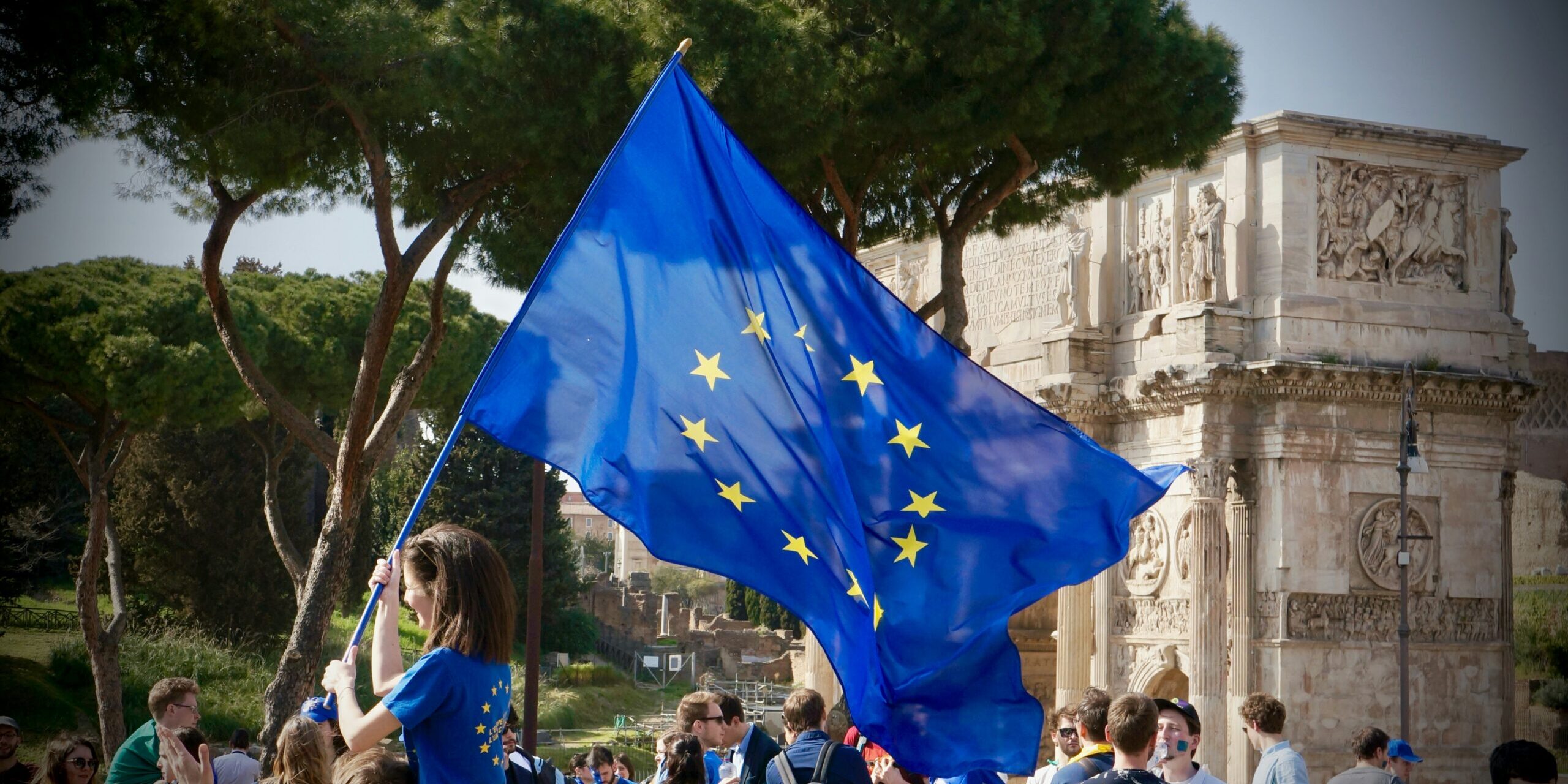After years of hard work and negotiations, European institutions recently reached an agreement on a groundbreaking EU supply chain law aimed at tackling human rights and environmental abuses within corporate supply chains. However, just when the finish line seemed within reach, the Free Democratic Party (FDP), a coalition partner in the German government, has thrown a wrench into the works.
The FDP, which had previously supported the law, has now cited concerns about “unreasonable bureaucratic hurdles.” This sudden change in stance could force the German government to abstain from the vote in the EU Council, despite support for the law from the other two, larger coalition partners, the Social Democrats and the Green party.
A potential German abstention could send a negative message, especially since Germany has recently adopted its own supply chain law. It could also harm Germany’s credibility, given that its leaders, including the FDP, had previously been active in shaping the EU supply chain law.
Moreover, the FDP’s portrayal of itself as a party representing business interests does not align with the law’s intent. In fact, 73 companies have expressed their support for a European supply chain law, and even the German garment retailer Vaude has distanced itself from the FDP’s decision. In the European Parliament, the liberal party group Renew, which includes the FDP, supports the Corporate Sustainability Due Diligence Directive.
The law, if passed, would hold large companies accountable for their human rights and environmental impacts across global value chains. Victims of labor abuses anywhere in the supply chain could seek legal recourse, and companies could be held liable for failing to meet their obligations. While the law may have some gaps, it is expected to exert significant pressure on companies to respect human rights and create a level playing field across Europe.
Approximately 450 million people work in global supply chains across various sectors. Human Rights Watch has documented labor rights abuses in various industries and found that social audits and certifications, often relied upon by global companies, are insufficient to prevent and address abuses in supply chains.
In today’s globalized world, rules on supply chain due diligence are crucial to ensure that companies do not contribute to abuses, in accordance with the UN Guiding Principles on Business and Human Rights. It is imperative for Germany to support the EU supply chain law.
To achieve this, Chancellor Scholz must take a decisive stance and affirm his government’s support for the law, despite resistance from the FDP. The European supply chain law is significant for Germany’s Social Democrats, and Scholz has the opportunity to lead the way in ensuring that corporations respect human rights and the environment.







